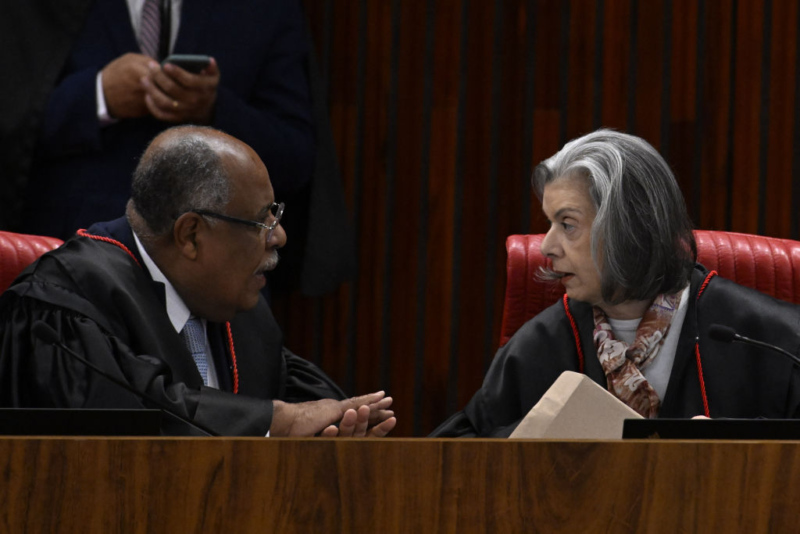The Washington Post & the OAS Secretary General
The OAS needs to be reformed, but the changes need to emerge from accurate analysis of the problems confronting both Latin America and the OAS.
In Latin America today, traditional coups are no longer the biggest threat to liberal democracy. More perilous are democratically elected leaders who, once in power, deliberately and gradually undermine basic guarantees, such as judicial autonomy, electoral integrity, independent press work and free expression.
These quasi-authoritarian leaders may undermine judicial independence to perpetuate themselves in power, to avoid accountability or to push through their agenda. Their chances of succeeding are higher without an independent judiciary acting as a check on executive power, as we can clearly see with the recent attempts to undermine Guatemalans’ election of Bernardo Arévalo as president.
However, some budding authoritarian leaders have had a hard time getting their way, as the judiciary in several Latin American countries has proved itself to be the best line of defense against democratic backsliding. The role of an independent judiciary in protecting people’s right to vote in free and fair elections is essential. [...]
The OAS needs to be reformed, but the changes need to emerge from accurate analysis of the problems confronting both Latin America and the OAS.
By all accounts, Spain wants to bring change to the European Union’s Cuba policy. In so doing, it is tackling a foreign policy challenge that often sheds more heat than light.
Although politics has cyclical features, and ideology is sometimes a factor in choices made by Latin American voters, the left-right labels obscure more than they illuminate.
 Mateus Bonomi / Anadolu Agency / Getty Images
Mateus Bonomi / Anadolu Agency / Getty Images